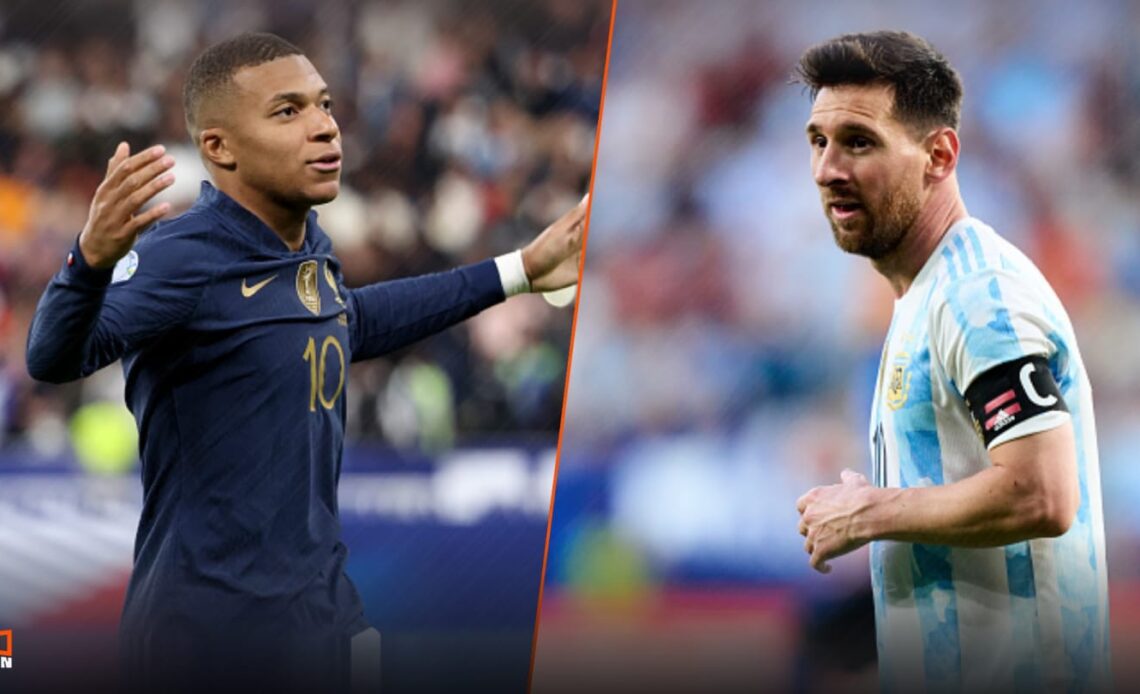The 2022 World Cup in Qatar is rapid approaching and fans around the world are getting prepared to watch every second of the biggest single sporting event in the world.
World renowned stars like Kylian Mbappe, Lionel Messi and Neymar are set to strut their stuff in the first ever World Cup to be held in the Arab world.
Here’s everything you need to know about the World Cup’s history and the upcoming tournament in the Middle East.
The FIFA World Cup is an international football tournament contested by men’s senior national teams of members of FIFA.
Qualifying rounds take place in the years leading up to each tournament. They are held in FIFA’s six continental zones – Africa, Asia, North and Central America and the Caribbean, South America, Oceania, and Europe – with the amount of qualifying spots given to each zone decided by FIFA.
Host nations have received automatic qualification for each World Cup finals tournament since the 1938 World Cup. Champions are still required to qualify for each tournament.
The international governing body FIFA was officially created in 1904 in Paris and by 1930 every affiliated country had been invited to compete in the first ever World Cup that year. It was hosted in Uruguay and subsequently had more South American sides competing than nations from Europe – only Belgium, France, Romania and Yugoslavia travelled across the sea.
The tournament grew from 13 participating teams to 16 in 1934, where Italy won in their homeland before retaining their title four years later in France.
The planned 1942 and 1946 World Cups were cancelled due to World War II but the tournament returned in 1950, where inaugural hosts Uruguay collected the most points from the final round to win the trophy.
World Cups have been played every four years ever since, with nations Brazil, England, Germany, France, Argentina and Spain all winning the competition in that time.
World Cup winners
Substitutions
12 substitutes can be named by managers for each World Cup game. An additional swap can be made when a match goes to extra time, regardless of whether a team has made their full quota of permitted subs already.
Suspensions
Players who are sent off are banned outright for one game – this applies to both straight red cards and accumulation of yellows. Two bookings in separate games result in a one-game suspension.
Yellow cards are then wiped out at the quarter-final stage.
Miroslav Klose became the greatest goalscorer in World Cup finals history in 2014, when he…
Click Here to Read the Full Original Article at 90min EN…

